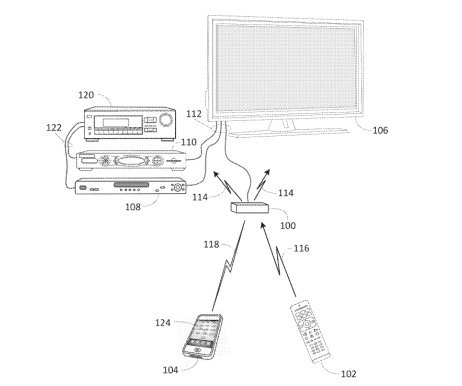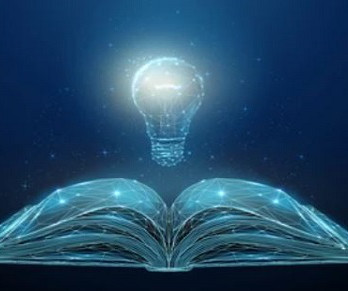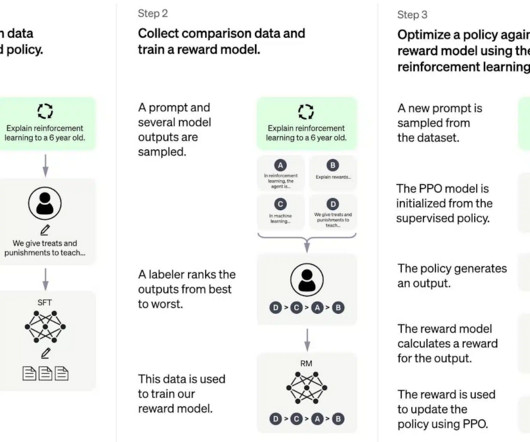Decoding Patent Ownership beginning with Core Principles
Patently-O
MAY 22, 2024
Core developed the patented invention “entirely on [his] own time” under his employment agreement. The majority opinion written by Judge Taranto and joined by Judge Dyk held the contract language was ambiguous on this point and remanded for further factual development to determine the parties’ intent.











Let's personalize your content